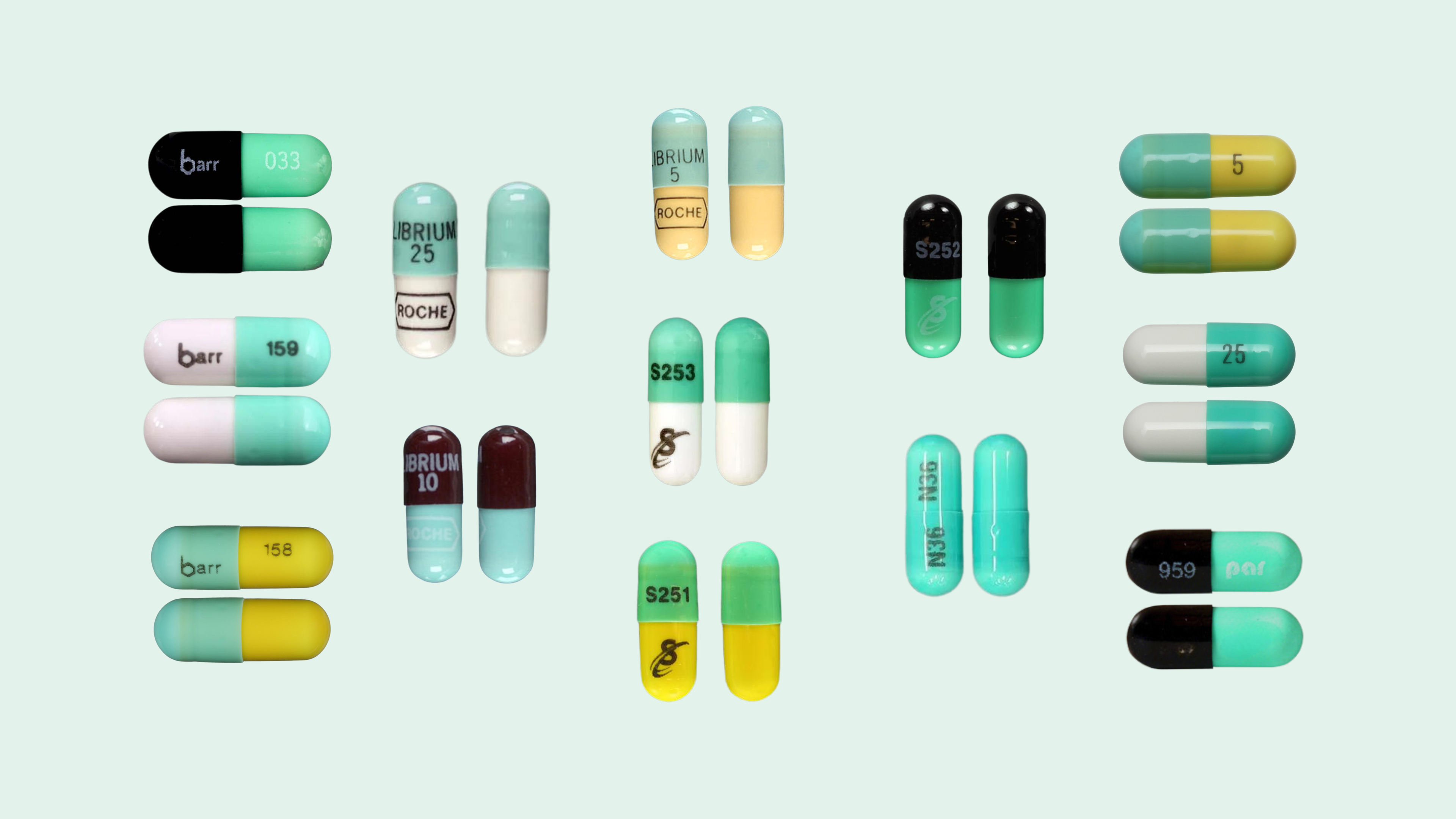After completing a structured plan of treatment, ongoing therapy or participation in support groups can help on the recovery path.
Continuing Care and Support
Aftercare provides continued support to maintain and enhance the progress made during treatment. Regularly checking in with a counselor, joining support groups, therapy and medication management are all ways that aftercare works to monitor progress.
Healthy Lifestyle Choices
Changing your life can mean more than ending drug use. Adding new routines and social activities can bring fulfillment in different ways. Adopting healthier eating habits, practicing breathing exercises and mindfulness, journaling, getting more sleep and working out all can help with maintaining sobriety.
Building a Supportive Network
Another lifestyle change is your social life. Spending time around other sober people and socializing in places that a free of substance use will make it easier to avoid triggers. This may mean creating new relationships, starting a hobby, volunteering or getting involved in sports or cultural activities. Having a strong, supportive network of family and friends is an important part of aftercare.
Developing Coping Skills
Learning how to manage stress, maintain your mental health and face challenges are all part of the coping skills you will learn during aftercare. These skills are important and will help to overcome the struggle with addiction and replace negative thoughts and behaviors with positivity.
Avoiding High-Risk Situations
Places and situations where substance abuse is likely should be avoided whenever possible. A familiar face, place, song, event – anything linked with past substance abuse – should be removed from your life to avoid relapse. Knowing those triggers is key to staying on the path to sobriety.
Remember that the process of recovery can be emotional. There will be feelings of anger, guilt, shame and sadness but all of this is part of healing. As your body adjusts to a new lifestyle, you will experience changes in your energy levels, sleep habits and appetite. But all change leads to a positive place and a better you!
This website offers educational information and self-help tools for your personal use. However, everyone’s health needs are unique. To make the best and safest decisions for yourself, please consult with a doctor or licensed professional.
Help is Available
If you or someone you know is struggling with Valium addiction, remember you’re not alone. Addiction is a treatable disease, and effective treatment options are readily available. With the right support system and commitment to recovery, a life free from Valium dependence is achievable.
If you’re unsure where to begin, consider reaching out to a qualified addiction treatment center. Their compassionate staff can provide guidance and help you navigate the treatment process. Remember, taking the first step towards recovery is the most important one.
Additional Resources:
This article provides a general overview of Valium addiction treatment. It’s crucial to consult with a healthcare professional for personalized guidance and treatment recommendations.
Here are some additional resources to support your journey:

